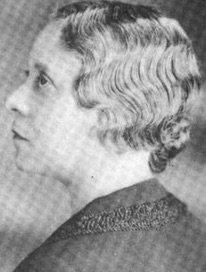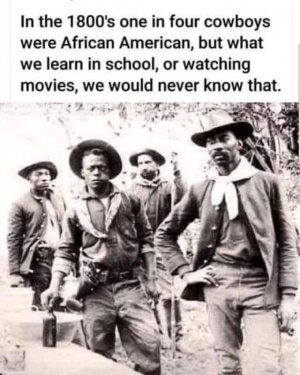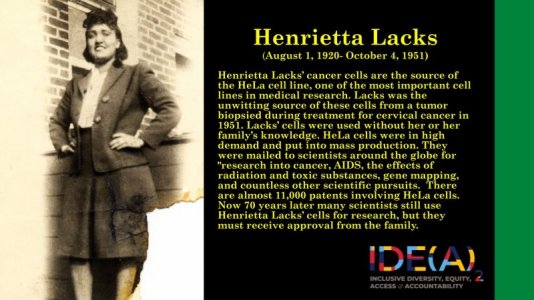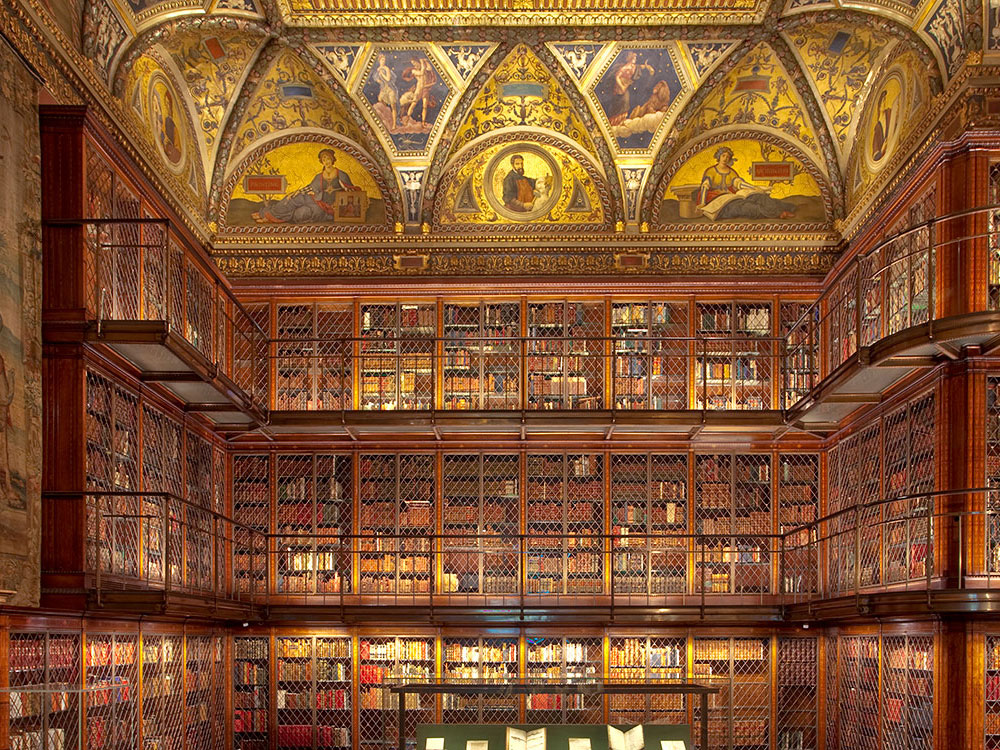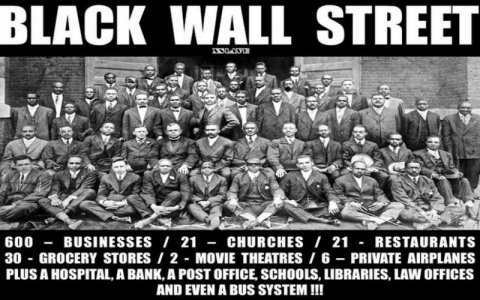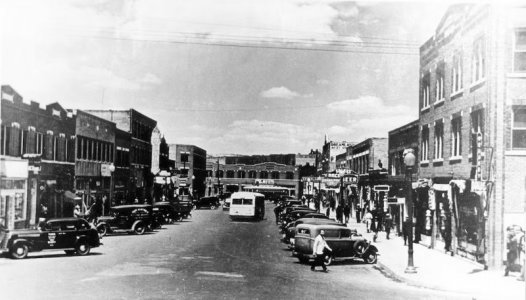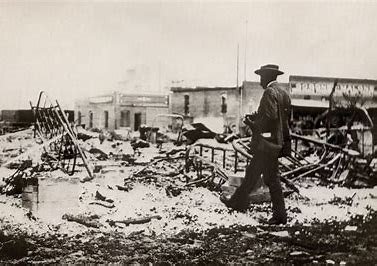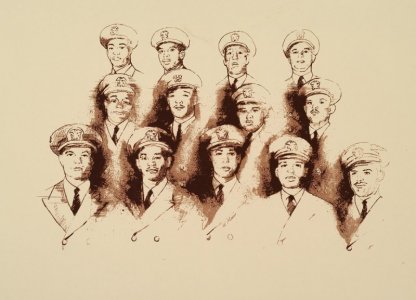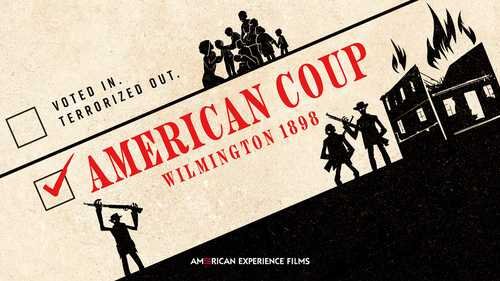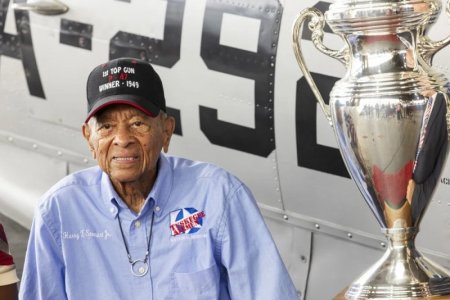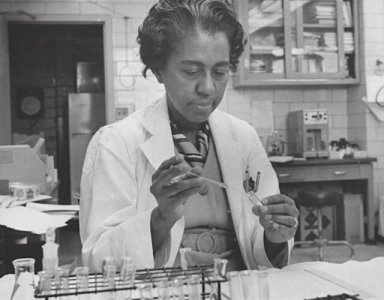officerripley
Well-known Member
- Location
- Porlock, Calif
This is not recent history, but it's a quote from Ahmed Baba Al Massufi Al Timbukti, a polymath and writer at the University of Sankore in Timbuktu, Mali in the 16th Century:
"...{J}ust the fact of becoming an owner of another person bruises the heart, because servitude is inseparable from the idea of violence and domination, especially when it relates to a slave taken far away from his country."
Ahmed Baba Al Massufi Al Timbukti was a very interesting individual living in very interesting times, what has been referred to as the Golden Age of Timbuktu. He wrote 60 books for the University's library, including astronomical treatises and conflict resolution. I just recently discovered this while reading The Bad-Ass Librarians of Timbuktu by Joshua Hammer.
"...{J}ust the fact of becoming an owner of another person bruises the heart, because servitude is inseparable from the idea of violence and domination, especially when it relates to a slave taken far away from his country."
Ahmed Baba Al Massufi Al Timbukti was a very interesting individual living in very interesting times, what has been referred to as the Golden Age of Timbuktu. He wrote 60 books for the University's library, including astronomical treatises and conflict resolution. I just recently discovered this while reading The Bad-Ass Librarians of Timbuktu by Joshua Hammer.



